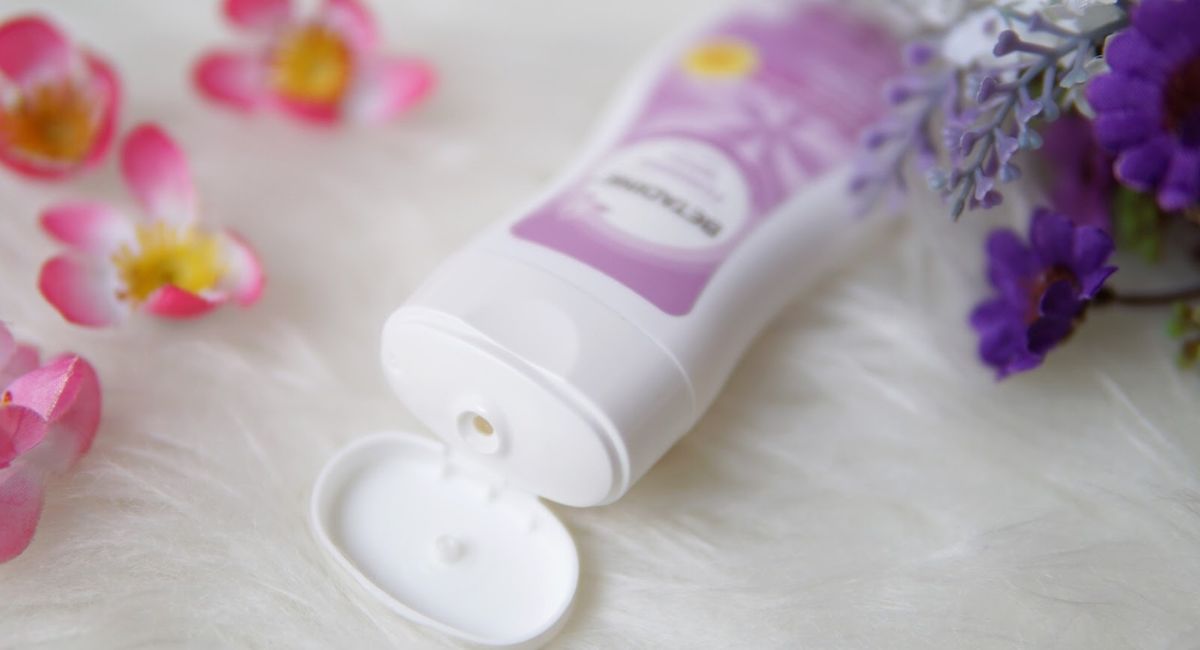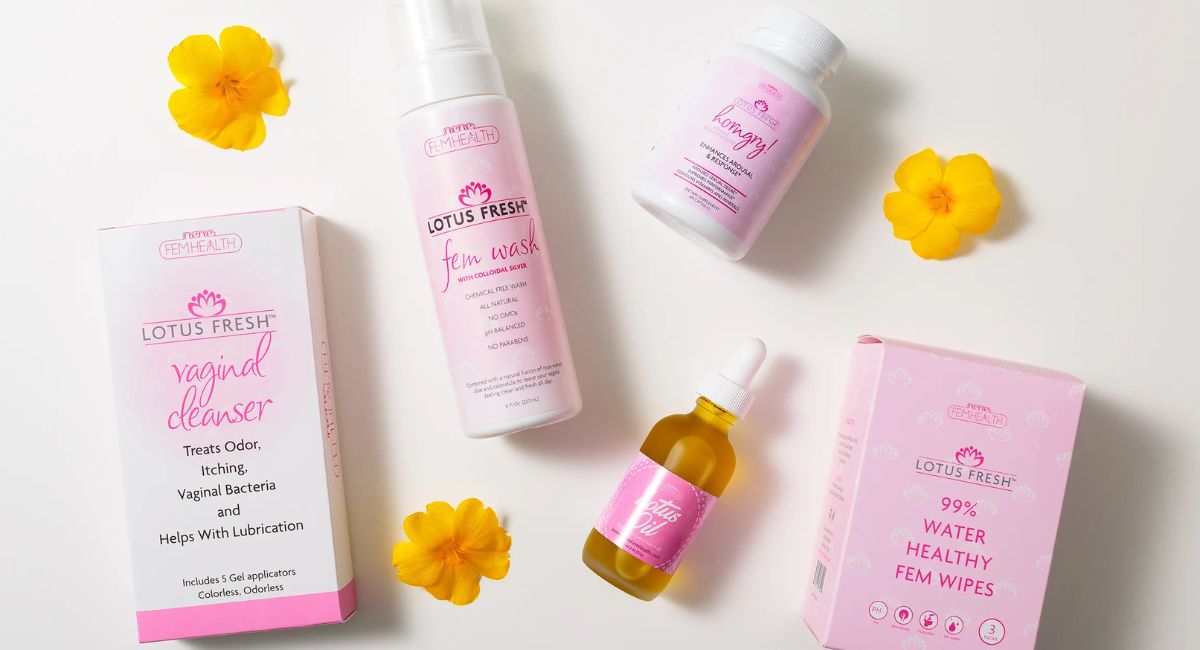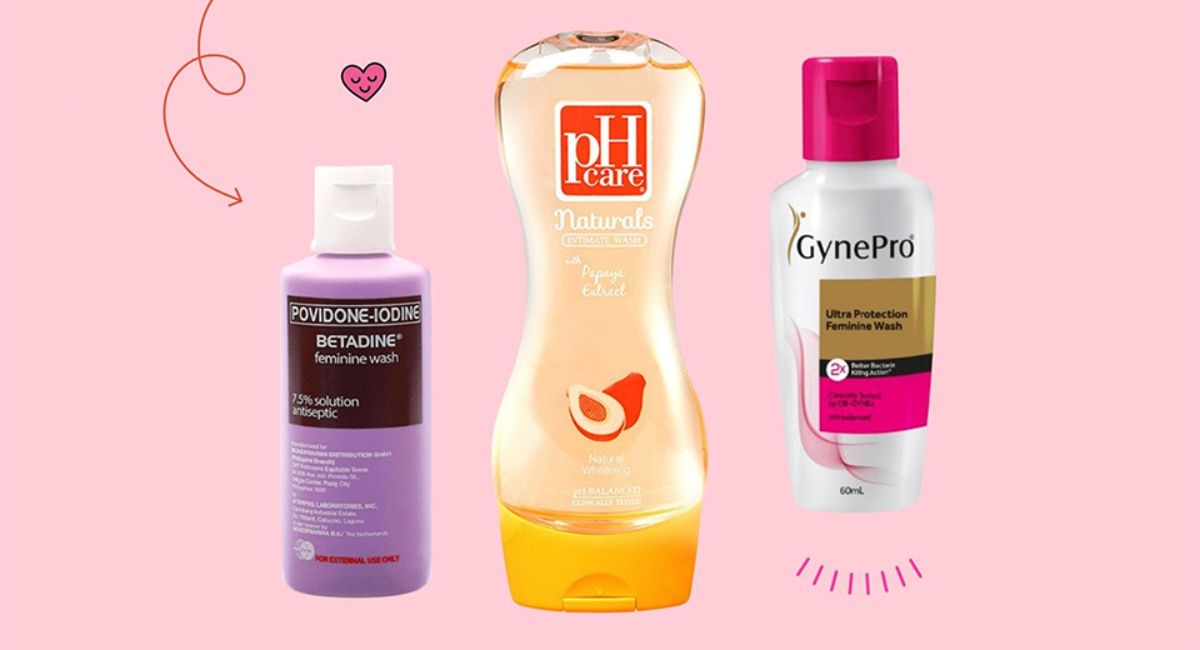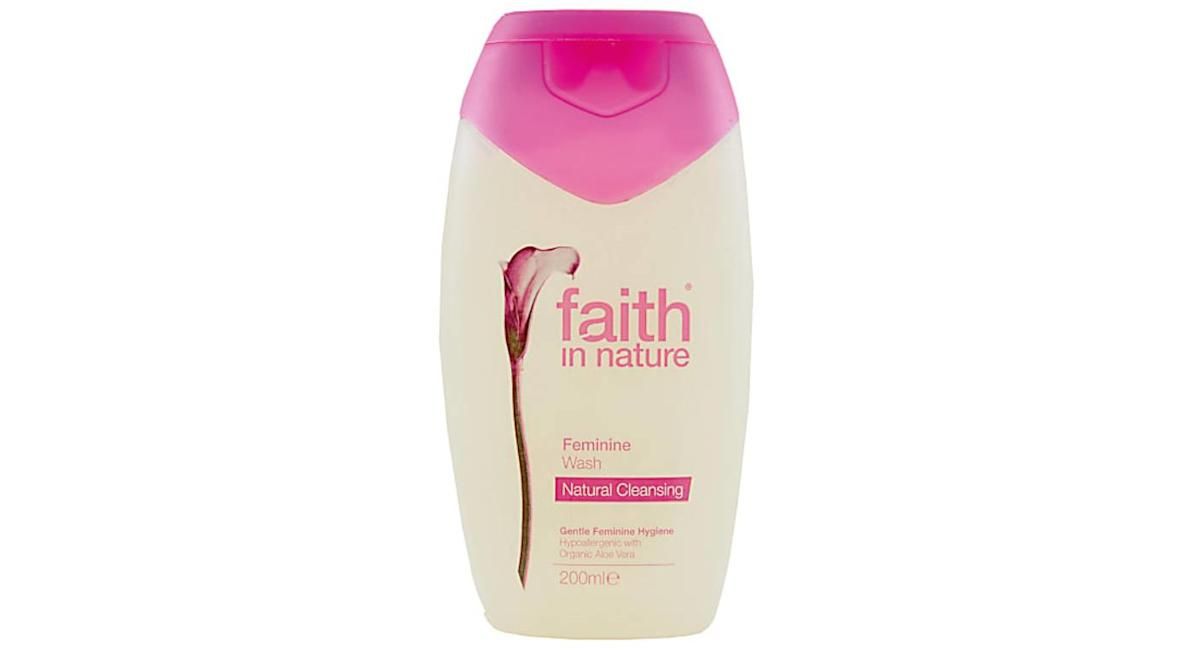Sometimes you wonder if soap is really enough for intimate care. Maybe you’ve felt irritation, dryness, or a bit of discomfort and thought, “There has to be something better.” That’s exactly why so many women start searching for The Best Feminine Wash—because staying fresh and confident shouldn’t feel complicated.
In this blog, you’ll discover everything you need to know about choosing the right product for comfort, health, and daily confidence. From safe ingredients to expert recommendations, we’ll break it all down in simple words so you can finally find The Best Feminine Wash that fits your lifestyle.
Why Do Women Need the Best Feminine Wash?
Women need the best wash not only for cleanliness but also for peace of mind. Traditional soaps can upset the body’s natural balance, which may lead to irritation or dryness. By using a feminine hygiene wash, you support freshness and comfort in a way that aligns with your body’s needs. In modern busy lifestyles filled with work, travel, and exercise, proper intimate care gives women extra confidence in their daily routine.
Experts often explain the difference between feminine wash and soap, and it is important to understand that soaps are often too alkaline. The best wash is designed to respect the delicate environment of intimate areas. Many women who have shifted to an intimate wash for women report that they feel more comfortable and less worried about irritation or odor.

Key Ingredients in the Best Feminine Wash
When choosing the right wash, always pay attention to the label. A quality intimate area cleanser often includes soothing ingredients like aloe vera, chamomile, and lactic acid. These provide moisture while also helping how to maintain vaginal pH balance naturally. A product containing natural extracts is considered a gentle wash for women, especially for those with sensitive skin.
On the other hand, there are chemicals to avoid in feminine wash products such as sulfates, parabens, and strong fragrances. These can harm the skin and create imbalances. The table below compares common safe ingredients with harmful ones:
| Safe Ingredients (Good Choice) | Harmful Ingredients (Avoid) |
|---|---|
| Aloe Vera, Chamomile, Lactic Acid | Sulfates, Parabens, Alcohol |
| Natural Oils, Vitamin E | Artificial Fragrance, Dyes |
| Plant Extracts (like tea tree) | Triclosan |
How to Choose the Right Feminine Wash for Your Body
Your choice depends on your skin type and personal needs. Women with sensitive skin should look for fragrance-free intimate wash for sensitive women, while others may prefer organic feminine wash brands that focus on natural care. If your skin tends to get dry, hydrating products with natural oils work best.
Medical experts often provide gynecologist advice on feminine wash, and they usually recommend avoiding products with unnecessary perfumes. Always select a dermatologist-tested feminine hygiene product that clearly mentions safety for sensitive areas. Reading the labels carefully helps you avoid irritation and ensures a safe feminine wash for daily use.
Health Benefits of Using the Best Feminine Wash
There are clear benefits of using feminine wash regularly. First, it helps reduce unwanted odor while promoting freshness and comfort. Second, it prevents dryness and irritation that many women experience when they use harsh soaps.
Another benefit is mental well-being. Feeling clean improves confidence whether you are at work, the gym, or out with friends. Some studies in the USA have shown that women using the best vaginal wash products feel more satisfied with their hygiene routine compared to those who use regular soap.
Can Feminine Wash Prevent Odor and Infections?
The short answer is yes, but with some limits. A good feminine wash for odor control can reduce the chances of unpleasant smells by helping maintain natural balance. It also creates an environment less favorable for harmful bacteria.
However, when women ask can feminine wash prevent yeast infection, doctors clarify that while it supports hygiene, it is not a medical treatment. Infections require professional care, but a proper wash can reduce the risk of recurring issues.
The Role of pH Balance in Feminine Hygiene
Understanding pH is essential. The vaginal area naturally has a slightly acidic environment that protects against infections. Using the wrong soap can upset this balance. That is why women must focus on how to maintain vaginal pH balance with the right wash.
The best wash for sensitive skin is often designed with mild acids like lactic acid that protect healthy bacteria. This way, you avoid irritation and keep your intimate health strong. It is also the reason many doctors recommend intimate soap alternatives instead of traditional body cleansers.
Natural and Organic Feminine Wash Options

For women who prefer nature-based solutions, natural feminine hygiene products are an excellent choice. These include herbal feminine wash options and organic feminine wash brands that avoid harsh chemicals. Many of them use Ayurvedic herbs, plant oils, and flower extracts for gentle cleansing.
Some women also explore ayurvedic remedies for feminine hygiene which focus on balance, herbs, and long-term wellness. In the United States, demand for organic products has grown because women want eco-friendly and safe solutions. These options are not just safer but also more environmentally conscious.
Signs You Might Be Using the Wrong Feminine Wash
Every woman should know the signs of using the wrong feminine wash. If you feel dryness, irritation, burning, or unusual discharge, it may be a sign to change products. Ignoring these signals can worsen discomfort and harm your natural balance.
It helps to remember that are feminine washes necessary or just marketing is a common debate. The truth is that a proper wash provides value, but only when you select a safe and gentle product. Listening to your body’s response is the best guide.
Dermatologist and Gynecologist-Recommended Feminine Wash Brands
When choosing products in the USA, always look for gynecologist recommended wash options. These are usually dermatologist-tested feminine hygiene products that go through safety checks. They are designed for sensitive skin and daily use without harmful chemicals.
Some popular organic feminine wash brands also carry certifications showing they are clinically tested and safe. Following gynecologist advice on feminine wash helps women avoid irritation while maintaining comfort and confidence.
Travel-Friendly Feminine Wash Solutions for Women on the Go
Modern life often means busy schedules, travel, and constant movement. Many women now use intimate wipes and cleansers because they are easy to carry. They offer feminine wash for travel and convenience when you cannot carry a full bottle.
Another option is small TSA-approved bottles of safe feminine wash for daily use. These solutions make it easy to stay fresh at the office, during flights, or at the gym. For women in the USA, travel-friendly care is becoming just as important as at-home products.
Final Thoughts on Choosing the Best Feminine Wash

Selecting the right product is more than a purchase—it is about health, comfort, and daily confidence. When you choose wisely, you not only enjoy freshness but also long-term protection. The natural vs. chemical feminine wash debate will continue, but women should always choose what supports their skin and lifestyle best.
Confidence begins with comfort, and the right wash is a simple yet powerful way to feel both. If you value which feminine wash is best for odor and freshness, then focus on safety, ingredients, and trusted brands. By doing so, you invest in your own well-being and peace of mind.
FAQs About the Best Feminine Wash
1. Is it safe to use feminine wash daily?
Yes, if it’s gentle and pH-balanced. But water alone is fine too.
2. Can teenagers use feminine wash?
Yes, but only mild, fragrance-free washes. Many gynecologists recommend plain water for young girls.
3. What if I have sensitive skin?
Choose hypoallergenic, dermatologically tested products with soothing ingredients.
4. Can feminine wash cure infections?
No. It may ease discomfort but won’t treat yeast infections or bacterial vaginosis. See a doctor if symptoms persist.
5. Is homemade feminine wash safe?
Some natural rinses can help, but always consult a healthcare professional before trying DIY solutions.
6. Should I use feminine wash during pregnancy?
Yes, but only gentle, safe formulas. Avoid strong chemicals or fragrances.
7. How do I know if my feminine wash is working?
If you feel fresh and irritation-free without dryness, it’s a good fit.

